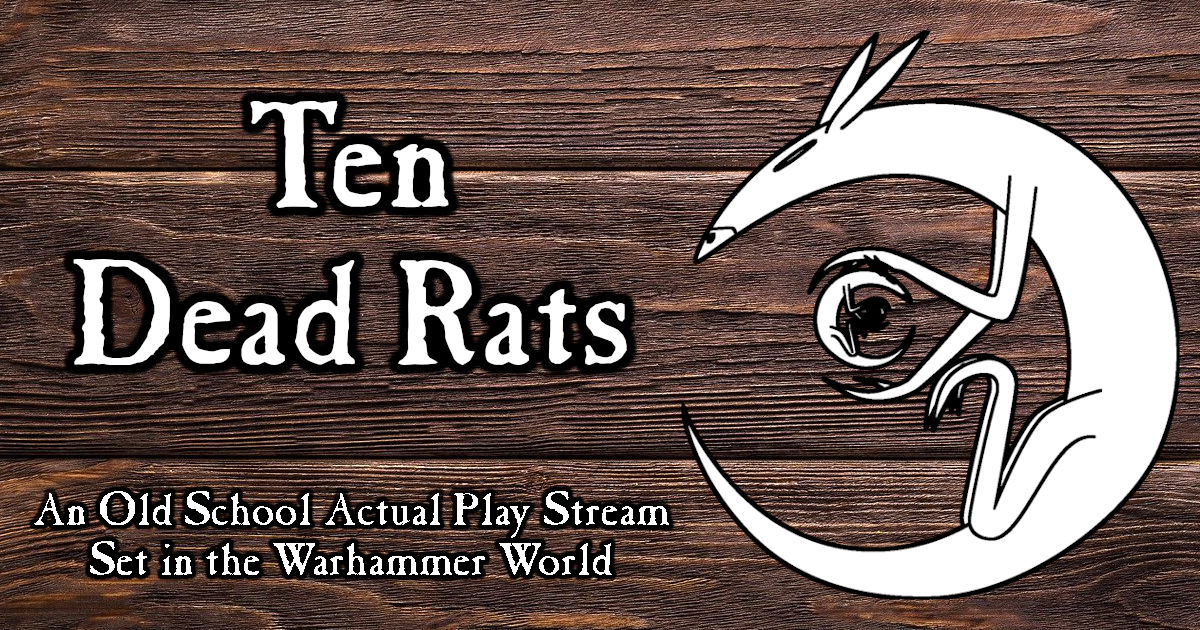Voadam
Legend
I am familiar with WFRP 1e but not the adventure.
I would mostly change things on the DM side, reskin another humanoid's description to be ratlike for skaven for instance, go with the stuff from the WFRP adventure instead of standard randomly generated loot.
As mentioned above the races match up, I would go with background/description/setting stuff so they are Old World or Empire appropriate and use D&D stats for most everything. I would not worry about matching the exact old WFRP player mechanics. I disagree with Sabathius-42, starting mages in my experience were super low powered and had to build up to any power with a lot of xp expenditures on marginally useful stuff so it is a thematic match to low-level OSR magic-users. I might convert guns for the Solomon Kane feel which should be easy for player one shot d6 damage pistols.
My understanding is the Enemy Within is considered a great campaign for the plot and thematics, so I would not sweat the specific system, running an Old World setting campaign using B/X or Oe should work fine.
I would mostly change things on the DM side, reskin another humanoid's description to be ratlike for skaven for instance, go with the stuff from the WFRP adventure instead of standard randomly generated loot.
As mentioned above the races match up, I would go with background/description/setting stuff so they are Old World or Empire appropriate and use D&D stats for most everything. I would not worry about matching the exact old WFRP player mechanics. I disagree with Sabathius-42, starting mages in my experience were super low powered and had to build up to any power with a lot of xp expenditures on marginally useful stuff so it is a thematic match to low-level OSR magic-users. I might convert guns for the Solomon Kane feel which should be easy for player one shot d6 damage pistols.
My understanding is the Enemy Within is considered a great campaign for the plot and thematics, so I would not sweat the specific system, running an Old World setting campaign using B/X or Oe should work fine.



